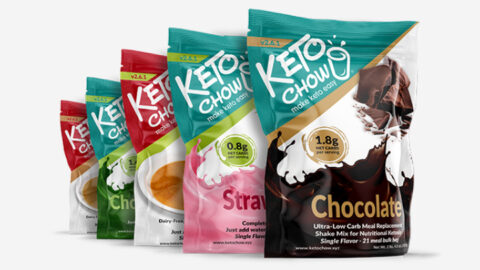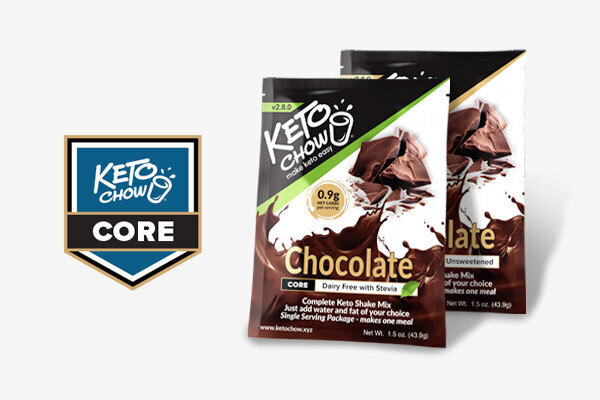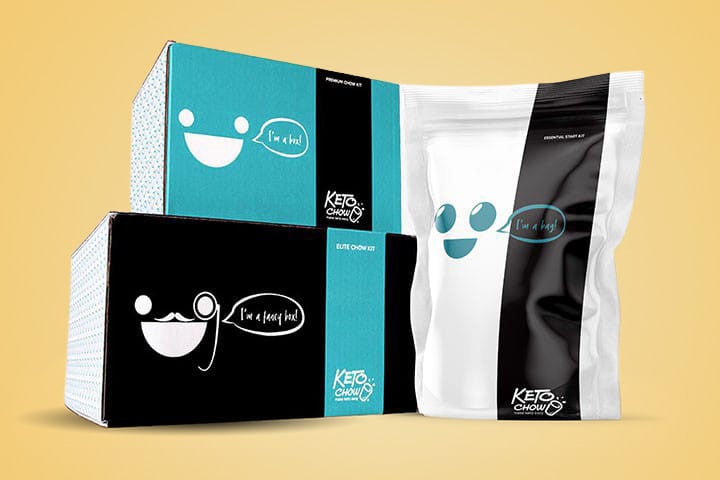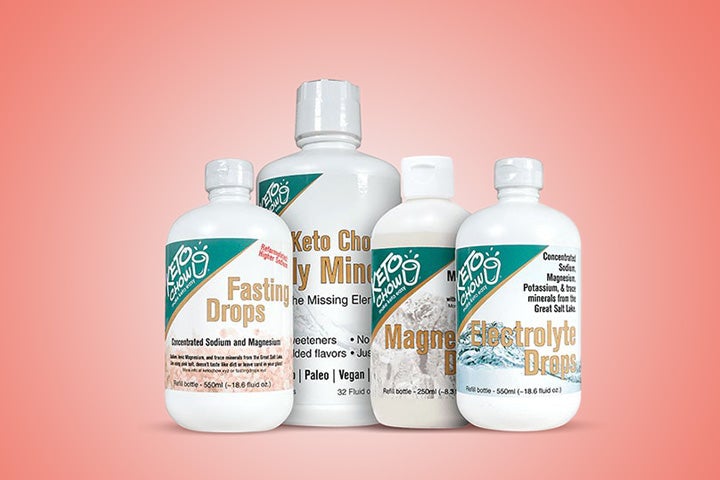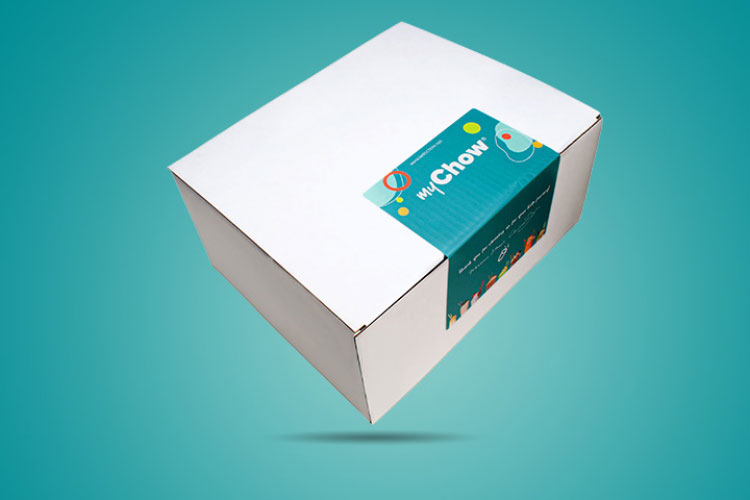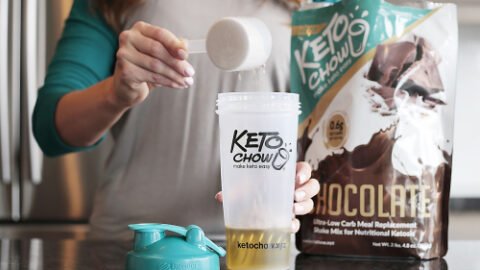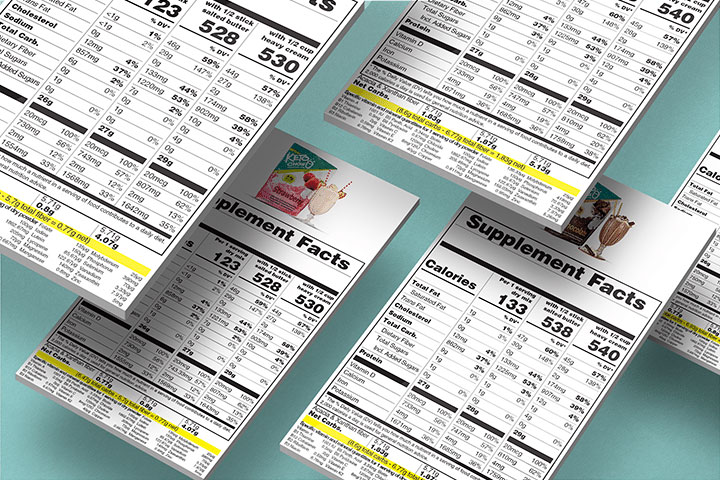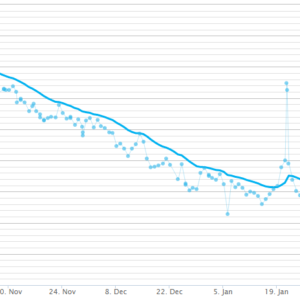Keto diets have anti-inflammatory effects shown to improve biomarkers of inflammation and improve conditions related to chronic inflammation.
Inflammation is a buzzword that gets thrown around a lot in health circles. It’s especially good for marketing: “This amazing anti-inflammatory superfood supplement will change your life!” “Avoid these ten toxic foods that cause inflammation!” But what exactly is inflammation, and can a keto diet help?
Numerous studies suggest the answer is yes.
Let’s dive into the details.
What is Inflammation?

Put simply, inflammation is the body’s response to injury or illness. It’s a normal part of being alive and healing from injury or illness. Inflammation isn’t bad. It’s essential, in fact. But like so much else in the human body, there’s a sweet spot: inflammation is a critical mechanism but if it gets out of control or goes on for too long, it can become a problem.
You can tell a condition is associated with inflammation by the suffix –itis. For example: tonsillitis, colitis, appendicitis, gingivitis – inflammation of the tonsils, colon, appendix, and gums, respectively. That’s not always the giveaway, though. A lot of inflammatory conditions – type 2 diabetes and cardiovascular disease, for example – don’t end in itis.
There are two types of inflammation: acute and chronic.
Acute inflammation occurs in response to something sudden, like stubbing your toe, cutting your finger, or getting bitten by a dog. Signs of acute inflammation include redness, swelling, or pain at the site of the injury. (In fact, the word “inflammation” comes from the Latin inflammare, meaning to ignite or burn.) Acute inflammation is easy to see and feel. It’s short-lived and resolves relatively quickly.
Chronic inflammation, on the other hand, can go on for years, and you might not even know it’s happening. If you do experience signs and symptoms of chronic inflammation, these are typically attributable to a condition associated with inflammation, and may include chest pain, skin problems, digestive issues, mood disturbances, frequent illness, and more.
Conditions Associated with Inflammation

Numerous health issues are associated with inflammation. We can’t say that inflammation causes them, because remember, inflammation isn’t an injury, illness, or damage – it’s your body’s response. Conditions associated with chronic inflammation include but aren’t limited to:
- Autoimmune conditions (e.g. lupus, rheumatoid arthritis)
- Cardiovascular disease
- Type 2 diabetes
- Irritable bowel syndrome (IBS), colitis, and Crohn’s disease
- Neurodegenerative conditions (like Alzheimer’s and Parkinson’s diseases)
- Skin conditions (like acne, eczema, and psoriasis)
- Certain mental health conditions (e.g., anxiety, depression)
How is Inflammation Measured?

If you have noticeable signs or symptoms of inflammation – redness, pain, swelling, or discoloration in the affected area – you can be sure there’s an inflammatory response occurring. But what if you don’t have those obvious telltale signs?
Inflammation can be detected through measuring certain compounds in your blood, called inflammatory markers. Some of these respond more to acute inflammation while others are more indicative of chronic or systemic (whole body) inflammation.
The list of inflammatory biomarkers is long and includes many molecules that aren’t measured in routine blood tests. The ones you’re probably most familiar with are C-reactive protein (CRP or hsCRP – high-sensitivity CRP) and erythrocyte sedimentation rate (ESR, often called “sed rate”).
C-reactive protein is a non-specific indicator. This means it’s elevated when there’s inflammation going on in your body, but it doesn’t tell you what’s causing it or what part of your body might be affected. It can be moderately elevated in people with autoimmune conditions, after a heart attack or serious injury, or during an acute illness, like bronchitis.
The sed rate measures how quickly your red blood cells fall to the bottom of a special measuring tube. A normal ESR indicates low inflammation. Inflammation causes red blood cells to clump together, and since these clumps are heavier than single cells, they fall faster. (Lower isn’t always better, though: an ESR that’s especially low might indicate a blood disorder, heart failure, or kidney or liver problems.)
Just like CRP, ESR is a nonspecific indicator. It tells you only that there’s inflammation, not what’s causing it, so you would need additional tests to identify the cause.
Which Foods Cause Inflammation and Which Foods are Anti-Inflammatory?

Lists of “anti-inflammatory foods” abound. They typically recommend lots of fruits and vegetables, nuts and seeds, and often an abundance of herbs and spices – especially ginger and turmeric, touted for their supposedly anti-inflammatory effects. Salmon and other fatty fish are recommended for their omega-3 fat content. (Omega-3s are building blocks for compounds that help to resolve inflammation.)
There’s nothing wrong with eating these items if you enjoy them, but what are we to make of the growing numbers of people following a carnivore-style diet, who report substantial improvements in their health by completely eliminating all or most of those items? It’s obviously possible to resolve inflammation without consuming the usual suspects on an anti-inflammatory food list.
Similarly, there’s no shortage of lists of foods that cause inflammation. Usually topping the list are refined sugars, sugar-sweetened beverages, and deep-fried foods. Keto diet proponents would agree with those, but these lists also often point a finger at red meat, processed meats, and animal fats. This would come as a surprise to people following keto who include these as regular staples in their diet while improving or completely freeing themselves from long lists of chronic inflammatory conditions.
One paper mentions a diet low in saturated fats and high in complex carbohydrates as one of the “pillars of prevention to reduce pro-inflammatory activity.” Yet, we know that many people who eat keto enjoy generous amounts of saturated fats and include no complex carbs (apart from non-starchy vegetables), and again, they experience improvements or total reversals of inflammatory conditions.
So, which foods are inflammatory?

The ones that cause inflammation in your body. Dairy products are the culprits behind some people’s skin problems and nasal congestion, but many others thrive healthfully on dairy. If you’ve noticed that nightshade vegetables trigger joint pain for you, then those are inflammatory for you, even though other people eat these regularly with no adverse effects. Allergic to nuts, shellfish, or eggs? Then those are definitely inflammatory for you, while others might eat them daily.
Just like “keto” is not a property inherent to any particular food item (ketosis is a metabolic state in your body), inflammatory and anti-inflammatory aren’t descriptions of food; they’re how your body reacts to what’s in those foods.
How Does Keto Affect Inflammation?

Numerous studies show that ketogenic diets have a beneficial effect on inflammatory biomarkers and it’s well established that keto can help reverse or improve conditions associated with chronic inflammation, like type 2 diabetes, obesity, IBS, acne, non-alcoholic fatty liver disease (NAFLD), chronic obstructive pulmonary disease (COPD), and depression and other mental health concerns.
Remember: inflammation is the body’s response to injury. If a keto diet cures your acid reflux, then your esophagus won’t become inflamed. If your body isn’t injured by chronically elevated blood sugar or fat deposited in your liver, then a chronic inflammatory response isn’t needed.
So, how can you tell if keto is helping reduce inflammation in your body? If you have less joint pain (maybe none!), fewer headaches, clearer skin, if your type 2 diabetes is getting better or is in remission, if your blood pressure has normalized, if your cardiovascular health has improved, or if you’re experiencing any of the other numerous benefits of eating keto, then you can feel confident that your inflammation is decreasing.
Summing Up

Keto diets have anti-inflammatory effects. Following a very low carb way of eating has been shown to improve biomarkers of inflammation and improve or put into remission several conditions associated with chronic inflammation. Don’t worry about loading up your diet with spurious anti-inflammatory superfoods. Just cut the carbs.
Looking for a low-carb meal?
Especially one that tastes like dessert and can be made in seconds? Then check out Keto Chow! Keto Chow has 1/3 of your daily recommended nutrients, including protein, vitamins, minerals, and essential electrolytes. Choose from over 25 delicious flavors.
